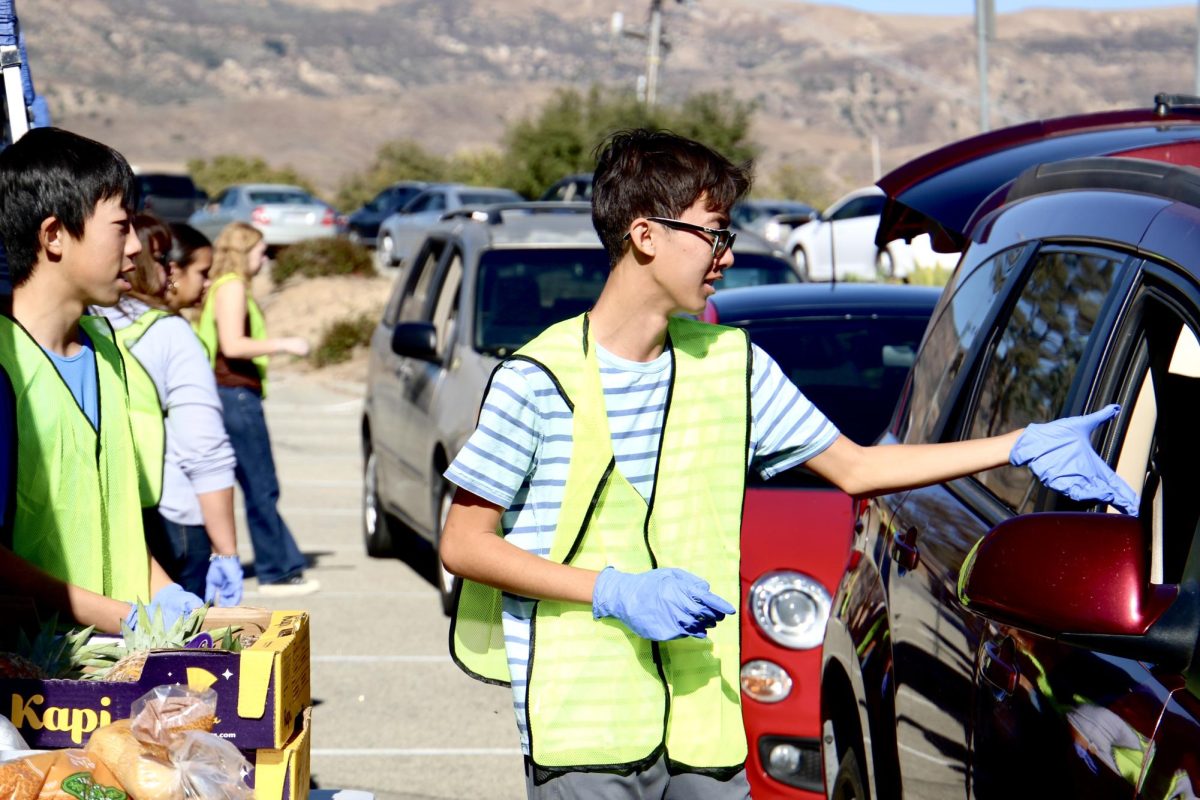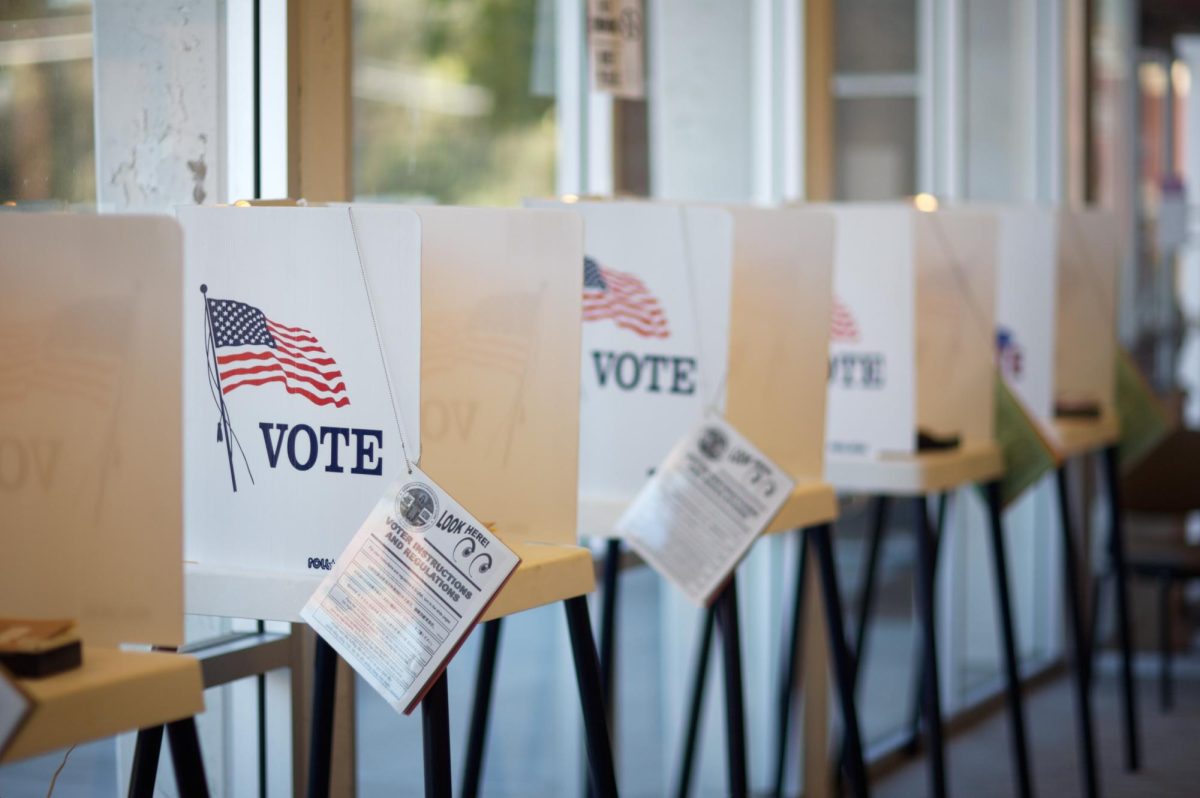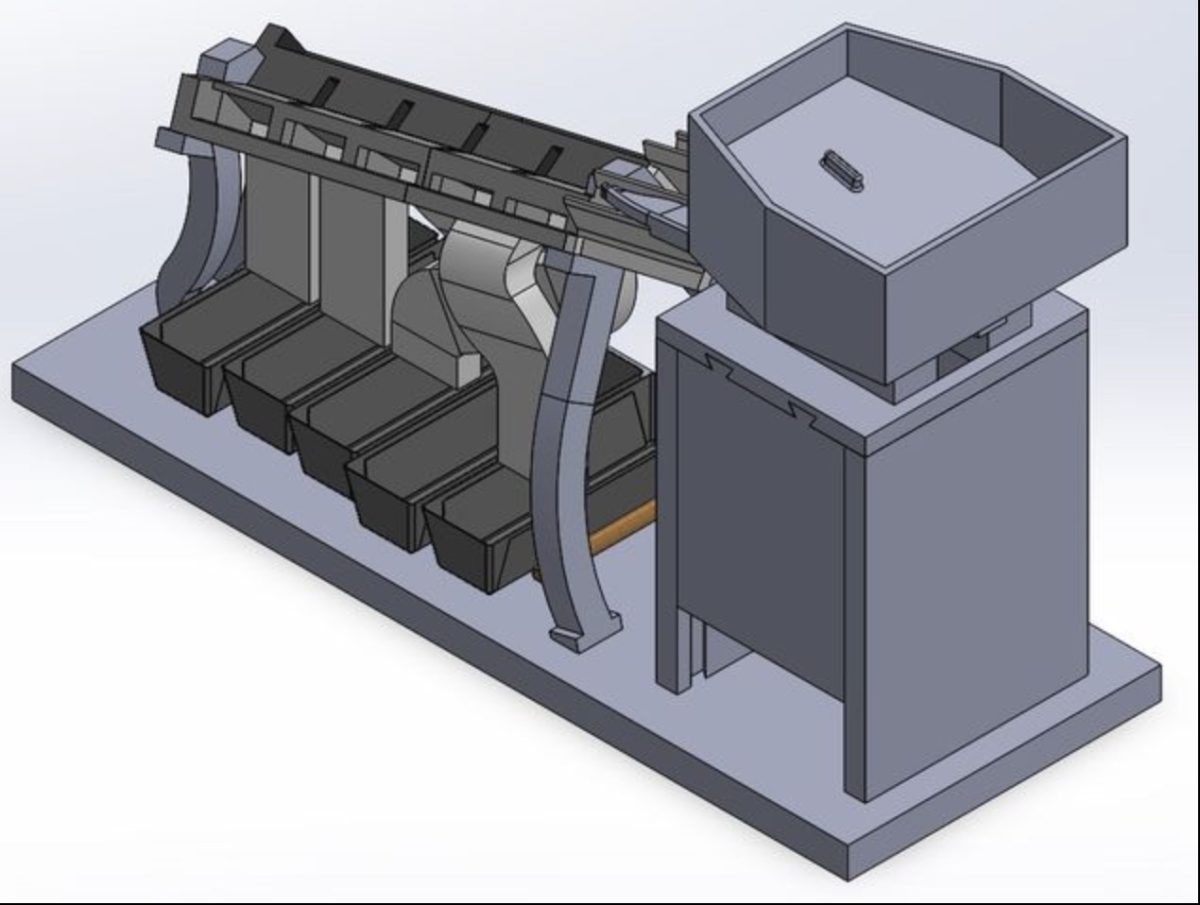With the California state budget nearing bankruptcy, six new propositions have been placed on the ballot for an upcoming special statewide election on May 19.
The League of Women voters along with co-sponsors Ventura County Tax Payers Association and the Ventura County Civic Alliance presented an opportunity at MC last week for students to listen in on an explanation of the six new propositions. The forum was the last event of the college’s “Year of Democracy.”
The propositions look at solving the state’s budget issues in five key ways. The sixth proposition looks at reprimanding legislative officials.
Herbert Gooch, chairman of the Political Science Department at California Lutheran University, explained to students the reason why California is in need of these propositions.
“California is highly dependent on sources of income that are volatile,” said Gooch. “Schwarzenegger came into office in 2004 and set up a bunch of reforms that should of fixed our budget, but they haven’t. The state budget has to be balanced.”
For the final Year of Democracy event, David Maron, a member of the League of Women voters, questioned Gooch on each of the propositions, asking details on what each of them did and how they would affect California in the long run. Gooch explained the function and political play of each proposition.
According to Gooch, Proposition 1A will change the budget process by limiting state spending, raising the “rainy day” funds and extending the temporary tax increase. The fund will force the state to be more careful in their spending habits by limiting the use of additional revenue based on the previous 10 years’ funding.
“When we talked about 1A as Dr. Gooch pointed out, the main affect is that if it fails that those tax increases that get extended for 2 years will go away,” Said Maron. “That means that it will be difficult to negotiate budgets a couple years from now but in our immediate year it will not affect our budget.”
Proposition 1B would pay K-12 schools and community colleges 9.3 billion dollars to make up for the lower funding levels of the last two years. Many large unions oppose this proposition because they feel they were left out of receiving any funding from the state.
Proposition 1C allows the state to sell off lottery bonds to fund an estimated five billion and balance the budget for the next year.
Proposition 1D will transfer funds from the Prop 10 First Five over to the General Fund. First Five is funding for children in their first five years of life. The programs that will be affected include foster care, health care, preschool and childcare. Gooch compared Proposition 1D with a metaphor.
“Having cash lying in a reserve is red meat to a politician,” said Gooch. “The politicians want to redirect, in other words take, the funds away from the First Five programs.”
With the state intent on drawing funds out of many programs, 1E is similar to proposition 1D. It relies on pulling money from programs that are working with no promise of repayment.
Film major Spencer Sacks felt that he benefited from the discussion.
“I had no idea on any of the propositions before I came,” said Sacks, age 20. “I knew that the special election was coming up, but now I have a better understanding of the propositions and what we’re voting on.”






